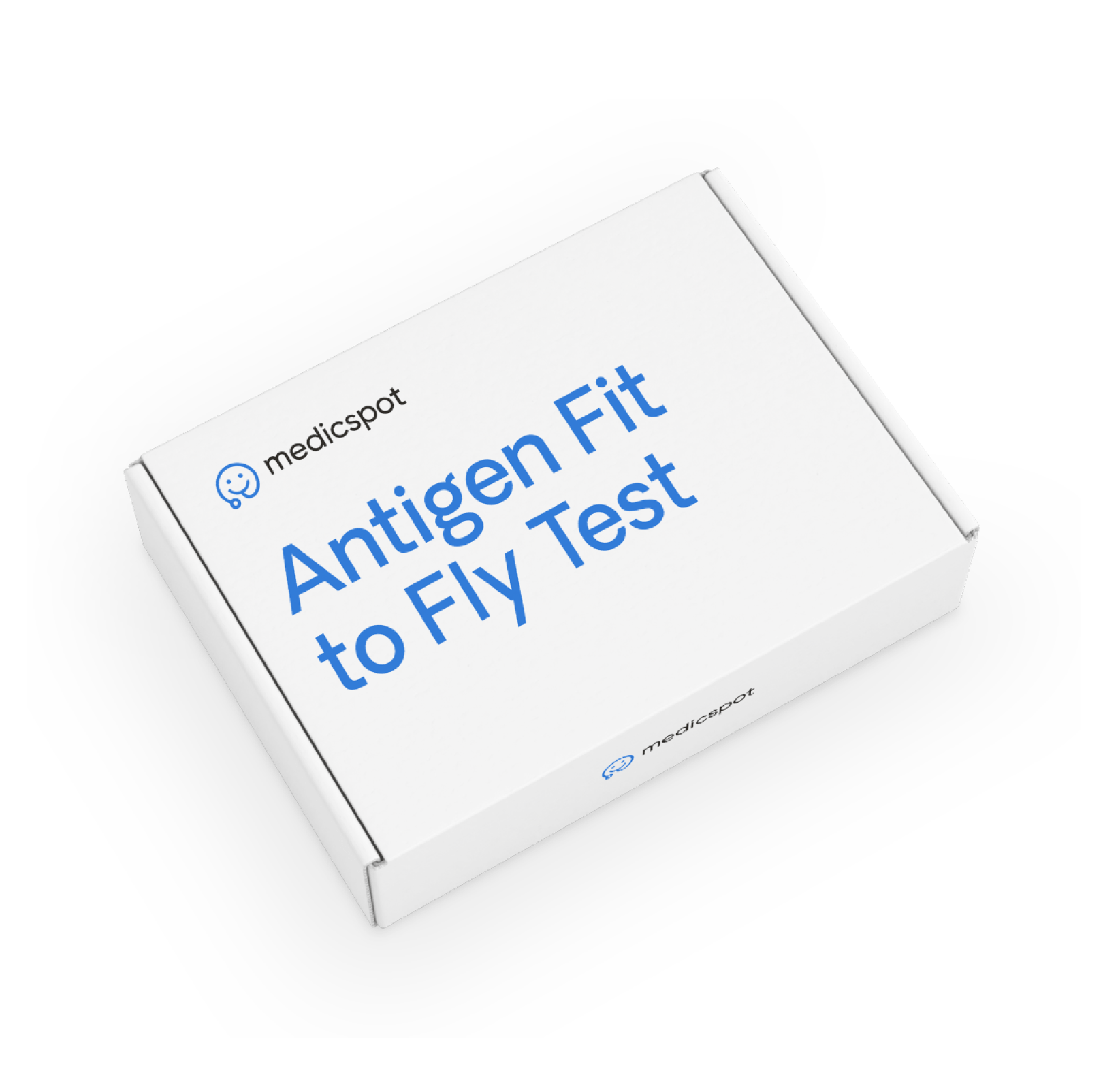What is an Antigen Test?
Antigen Tests, also known as rapid Antigen or Lateral Flow Tests, look for proteins produced by the virus called Antigens. You can take Antigen Tests with you on your travels as they don’t require a laboratory. These are similar to a pregnancy test.
Watch our short video guide on Antigen (Lateral Flow) Testing here:
